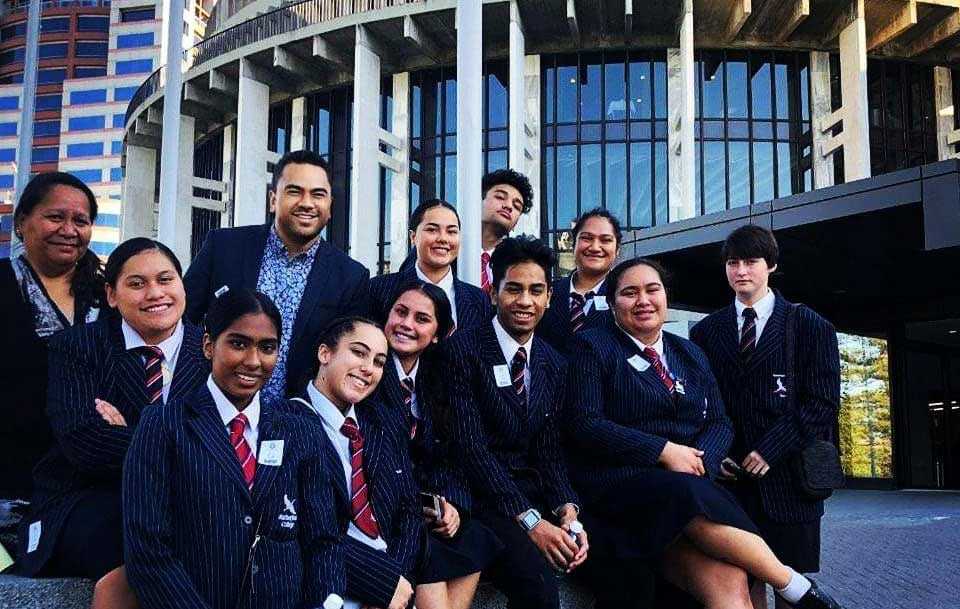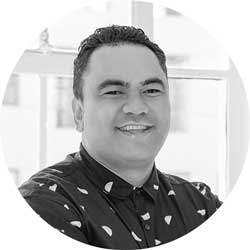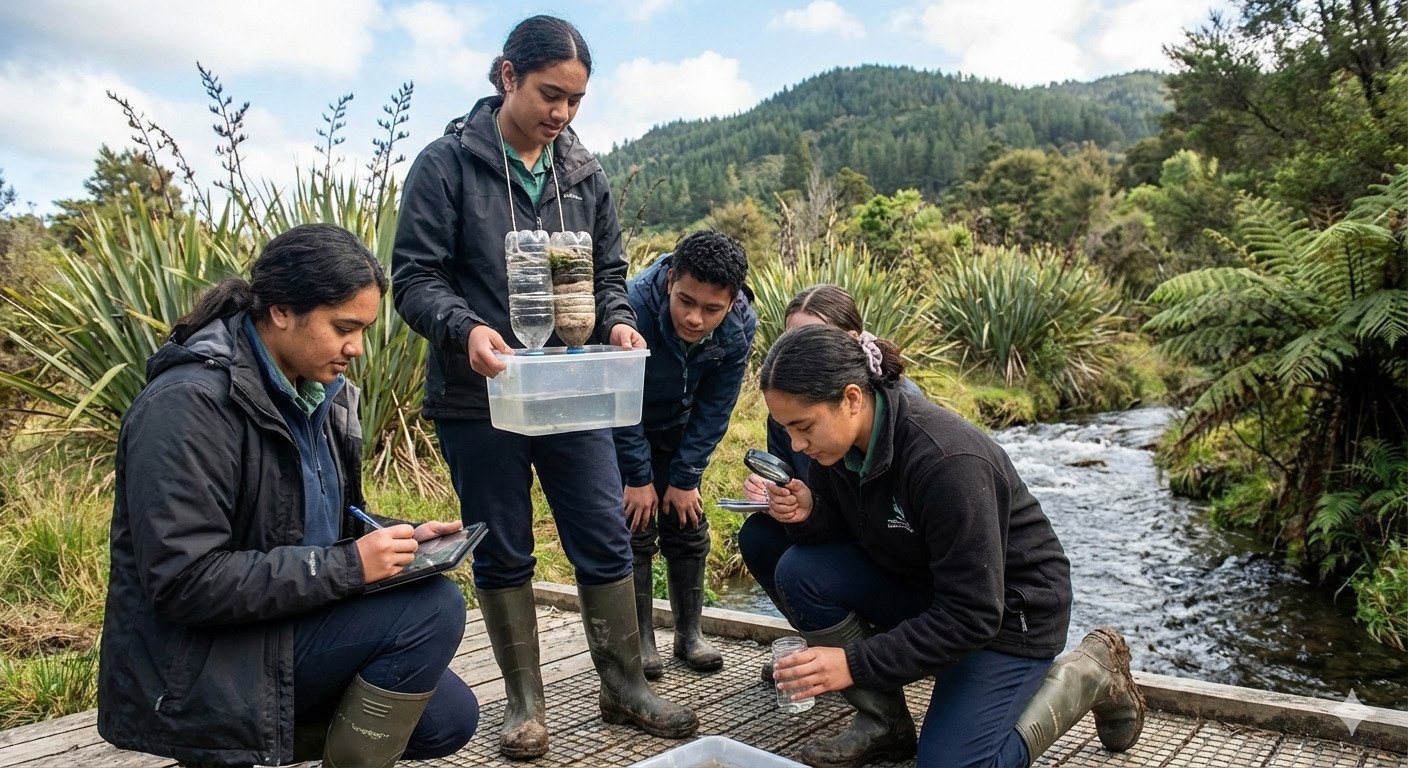
 By Will Flavell
By Will Flavell‘Back in 2019, I completed a research project called, Ko te waka reo Māori, he waka eke noa: The motivations, attitudes, and learning experiences of non-Māori secondary school students learning te reo Māori. My initial interest in this topic came from when I started my te reo Māori studies at university.
During my first year, I enrolled in an introductory te reo Māori paper aimed at students with little or no knowledge of the language. I noticed a large cohort of non-Māori students learning te reo Māori in the beginner classes and it was encouraging to see that they were committed learners of te reo Māori. A number of these learners were international students, and I became friends with many of them. Some of these earlier te reo Māori learning experiences at university made me think about non-Māori students in a secondary school setting, and if their experiences were similar to those of non-Māori learning te reo Māori at university.
According to Stats NZ more than 1 in 6 Māori people speak Te reo Māori, and nearly a third said they could understand the language at least fairly well. Additionally, Education Ministry figures for 2020 showed that the number of teenagers studying te reo Māori at secondary school has passed 30,000 for the first time.
Prior to my research, I found that there is a genuine fear by some Māori that non-Māori may eventually take control of te reo Māori. I understand that there is intergenerational trauma associated with te reo Māori where many were told that there was no future with te reo Māori. I get that there is fear and whakamā because many Māori cannot speak their language. I feel the mamae and the sadness from many of my whānau and friends. There are two generations in my whānau that don’t have fluency in the reo. I also remember former Minister Dame Tariana Turia talk about it was the biggest regret in her life not having fluency in the language.
'I also remember former Minister Dame Tariana Turia talk about it was the biggest regret in her life not having fluency in the language' #
But through my research, I discovered that the non-Māori students I interviewed talked about playing a supporting role. They have great respect for tangata whenua, their Māori peers and are advocates for te reo Māori in their respective communities. One of the students even said we need to ensure we always manaaki tikanga. I am proud that we have young people who see a future of the normalisation of te reo Māori, across our public spaces, and naturalised in our schools.
Additionally, through my work as Deputy chair of the Henderson-Massey Local Board, we have supported and advocated for the normalisation of te reo Māori, such as supporting the Te Kete Rukuruku Māori naming project which works alongside iwi to give names of parks, reserves, and community facilities; supporting street names in te reo Māori and trying to push for te reo Māori in our public spaces as a language that can be seen, heard, read and felt. This will ensure the normalisation of te reo Māori across West Auckland.
If Aotearoa New Zealand is to meet the government and Māori Language Commission’s goal of one million speakers by 2040, it’s vital that tauiwi are learning the language too. I know that the non-Māori students that I spoke with are playing their part in strengthening our national taonga.’
Further reading:
Will Flavell's full thesis
Recent The SPINOFF article


